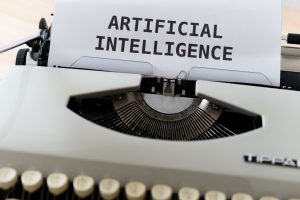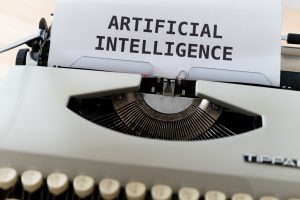#AIinEd – Pontydysgu EU 2021-09-20 16:58:58

Photo by Markus Winkler on Unsplash
Empowering Learners for the Age of AI is a free, international online conference, organised by part of a national team from Australia representing leading researchers in the role of data, analytics and AI in learning, to empower both learners and teachers. They are seeking a public conversation to engage productively with societal infrastructure powered by data, analytics and AI. The questions for the conference include:
- What’s actually happening with AI and how is it changing classrooms, teaching, and learning?
- How can data, analytics and AI be used not to disempower or automate work, but to empower learners and professionals?
- How must modern knowledge systems (such as schools, universities, corporate training and development, government agencies) change to prepare people for an AI society?
- How to track and assess the qualities that equip people for this future?
- What will the learning ecosystem look like by 2030 and what might humans and AI collaborate in solving complex problems?
They say:
The conference will be of interest to individuals with all levels of AI expertise, from beginner to advanced. World-leading researchers and experts will deliver keynotes addresses while discussion panels will explore implications in a range of sectors.
If your interests involve how data, analytics and AI will shape the future of learning, this open and free conference is for you!
The conference is on the 7 and 8 December, 2021 and you can register for free from the Empowering Learners AI website.








